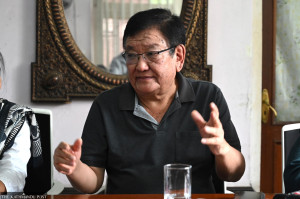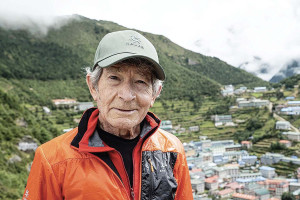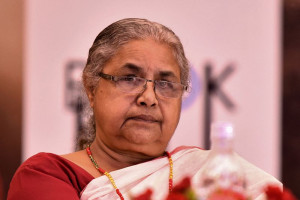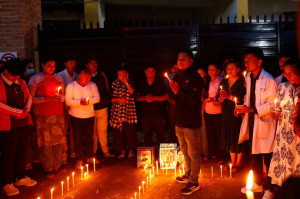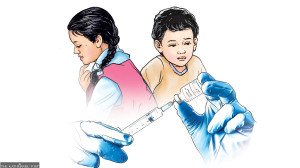Miscellaneous
Many in Nepal remain oblivious of cancer risk
A new UN agency report released on Tuesday shows that cancer is the biggest natural killer and that developing nations will bear its brunt in coming decades.
Weena Pun
The report entitled ‘World Cancer Report 2014’, published by the International Agency for Research on Cancer, states that an estimated 8.2 million deaths in 2012 were caused by cancer alone. By the next two decades, the number of cancer cases is predicted to rise to around 25 million. The report warns that by 2025 almost 80 percent of the rise in cancer-related deaths will be in developing nations.
While the report urges governments worldwide to take action, Nepal has no immediate plans to conduct a national survey on cancer. Currently, most cancer researchers rely on the national cancer registry, which compiles data from seven major hospitals. These registries are, however, neither regularly updated nor do they give an overview of national incidence.
“Right now, there is no cancer policy, no plan, no vision and no willpower,” said Sudip Shrestha, Consultant Medical Oncologist at Bhaktapur Cancer Hospital.
Based on the cancer registry and data from countries similar to Nepal, Shrestha estimated that there are around 15,000 new cancer cases in the country every year.
The UN Report suggests that a large proportion of cancers in developing nations are caused by infections such as the human papillomavirus infection; smoking; alcohol use; and a sedentary lifestyle.
Kabiraj Khanal, under-secretary at the Ministry of Health, noted the need to carry out national research on non-communicable diseases, which now account for the majority of deaths in the country. “Until now, we have been focused on communicable diseases because they were the biggest killers. But based on new data we have, over 55 percent of deaths are now linked to non-communicable diseases,” said Khanal.
The under-secretary also said that the government is planning to prioritise non-communicable diseases in its post-2015 five-year plan. “Cancer will not be the focus, but it will be a part of the package,” said Khanal.




 23.12°C Kathmandu
23.12°C Kathmandu






